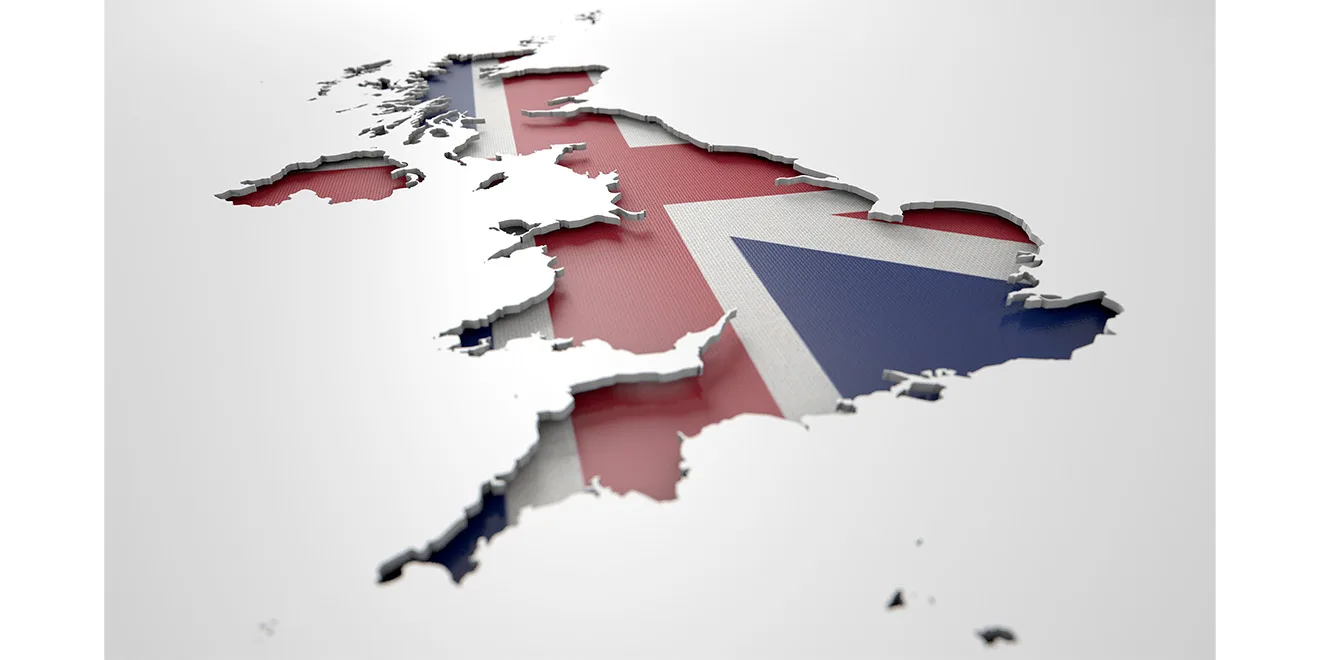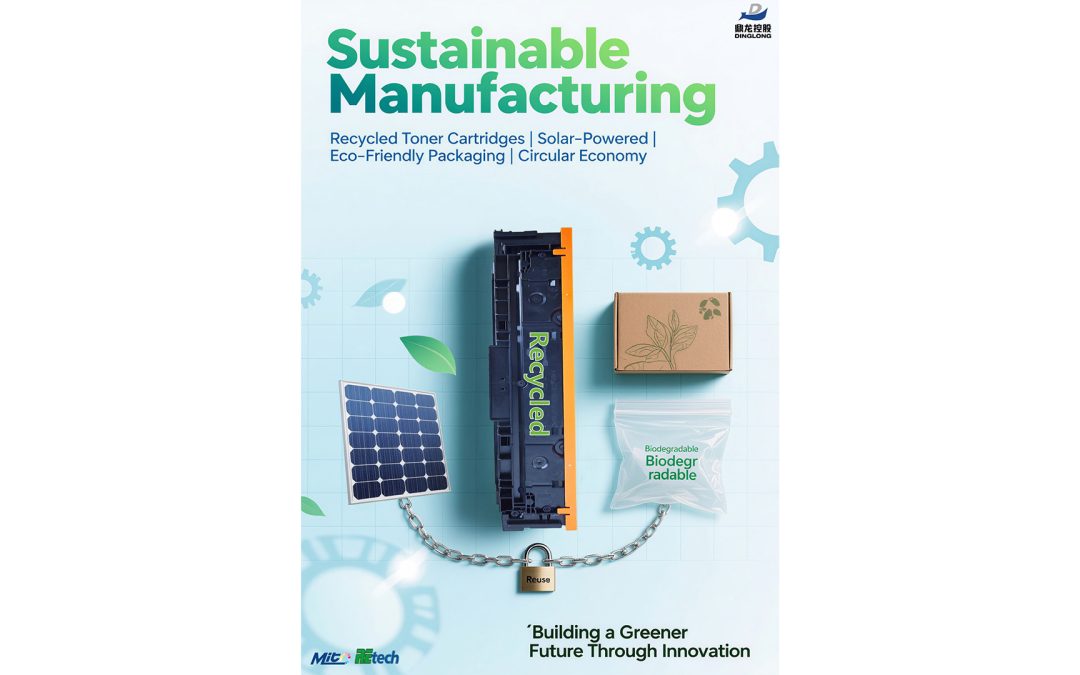New UK laws to standardise recycling practices will impact non-household waste, including toner cartridges.
In a sweeping regulatory shift, the UK government has introduced the “Simpler Recycling” reforms, set to come into force on 31st March 2025. The reforms mandate stricter waste separation for businesses and public institutions, requiring materials like plastic, glass, metal, paper, and food waste to be separated from general refuse. These rules aim to curb waste and improve recycling efficiency across England, impacting a wide range of non-household premises, including corporate offices, schools, and hospitals.
 The government at the time emphasised that the legislation would streamline waste management, ensuring more effective recycling nationwide. Currently, recycling practices vary significantly across local authorities, leaving many businesses uncertain about proper disposal methods, particularly for mixed materials like toner and inkjet cartridges. With these new requirements, however, all businesses with ten or more employees must separate recyclable waste materials by the 2025 deadline, while smaller businesses will have an additional two years, until 2027, to fully comply.
The government at the time emphasised that the legislation would streamline waste management, ensuring more effective recycling nationwide. Currently, recycling practices vary significantly across local authorities, leaving many businesses uncertain about proper disposal methods, particularly for mixed materials like toner and inkjet cartridges. With these new requirements, however, all businesses with ten or more employees must separate recyclable waste materials by the 2025 deadline, while smaller businesses will have an additional two years, until 2027, to fully comply.
The Simpler Recycling policy also marks a shift towards universal recycling guidelines that will cover households by March 2026, eliminating what many have called the “postcode lottery” of recycling standards. Non-compliance could lead to financial penalties, with DEFRA planning to support these reforms through digital waste tracking and strict disposal audits to combat waste crime and ensure proper processing.
Under the new rules, businesses will manage separate bins for recyclable dry waste such as plastics and metals, while food waste will require a separate container. This clear categorisation is expected to benefit companies that specialise in recycling specific items, such as toner and inkjet cartridges, by potentially increasing collection rates for reusable materials.
For the printing and imaging industry, which includes collectors of used toner and inkjet cartridges, these rules present both challenges and opportunities. The increased emphasis on proper waste disposal may drive higher collection volumes, benefitting cartridge recyclers who are likely to see growing demand from environmentally conscious businesses. On the other hand, the operational and logistical implications may be considerable, as businesses assess current waste practices and implement new systems to remain compliant, likely resulting in increased administrative and operational costs.
Cost implications of the mandate are also a significant consideration. Compliance for non-conforming businesses, as outlined by DEFRA, will be closely monitored, with penalties likely for mismanagement. Additionally, businesses may need to conduct waste audits, invest in additional bins, and potentially contract specialised waste disposal services. Chief Executive of the Industry Council for Packaging and the Environment (INCPEN), Paul Vanston, expressed confidence in the reforms, noting that standardised recycling guidelines would bring much-needed clarity for businesses and a new level of environmental accountability across sectors.
In support of these changes, the government has allocated £295 million in funds to assist local authorities in transitioning to the new system, with local collection schedules expected to vary between urban and rural areas to better suit the specific waste output of different regions. For the cartridge recycling industry, aligning operations with these standards offers the potential to enhance corporate reputations while meeting rising sustainability expectations.
Ultimately, the Simpler Recycling reforms represent a core component of the UK’s broader waste management strategy, aligning with new policies on extended producer responsibility and a national deposit return scheme. With the deadline on the horizon, businesses face increasing pressure to implement waste stream separation, while companies engaged in cartridge collection and remanufacturing may gain a competitive edge through these regulations.




















